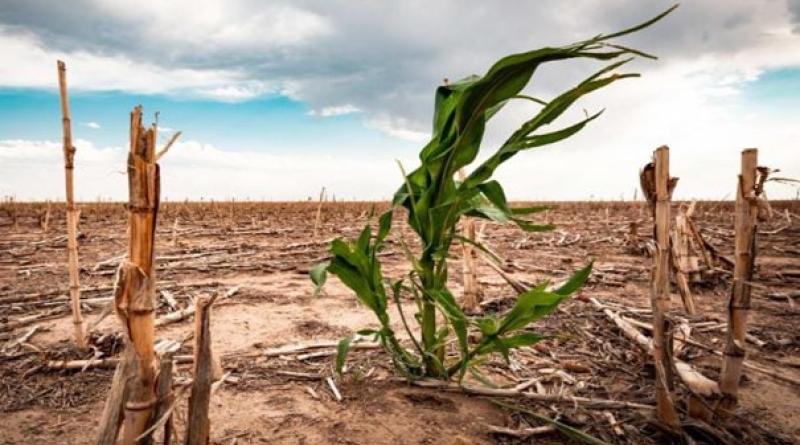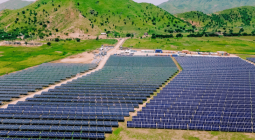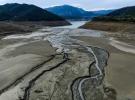The effects of heat waves on the agricultural sector of Cameroon

Cameroon is a major exporter of food to neighboring countries like Chad, Gabon, and Nigeria, as well as internationally to countries like China (25.8% of exports), the Netherlands (12.4%), Spain (6.1%), India (9.6%), and Italy (7.1%), according to the Observatory of Economic Complexity (OEC). Its diverse climatic characteristics, often referred to as "Africa in miniature," have made it favorable for the growth of various food crops, including maize, rice, millet, beans, groundnuts, soybeans, cassava, yams, sweet potatoes, onions, palm oil, cocoa, cotton, bananas, and plantains.
Today, revenue from agriculture contributes 16.98% of Cameroon's national GDP, of which 26.31% from industry and 49.96% from services, according to a 2024 Statista report on Cameroon. The agricultural sector employs approximately 60% of Cameroon's working population, with 90% which are from rural households involved in agriculture, as reported by one of the World Bank Group report.
The heat waves that Cameroon experienced in May and April 2024 significantly disrupted the agricultural sector. The intense heat, during a period that usually receives rainfall, drastically affected the favorable climate for food crop growth. In an effort to promote agriculture in areas facing food scarcity, such as the Southwest, East, and Far North regions, which were heavily impacted by the heat waves, the government invested 22 billion Francs in agricultural promotion in 2024. This investment, aimed at ensuring food security, was announced on January 4, 2024, in a statement by the Minister of Agriculture and Rural Development (MINADER). Despite these efforts, climate change and global warming pose significant challenges.
The West region of Cameroon, often called the "breadbasket of Cameroon," is at the heart of the country's food production. This region was severely affected by heat waves in March, April, and May 2024, impacting its ideal climate for food crop growth. This disruption not only affected food production and exports but also significantly increased food prices. As a local farmer, Miriam, explained, "Last year, a 15-liter bucket of beans cost between 12,000 and 13,000 Francs, but today, it costs between 19,000 and 20,000 Francs. This is the time of year I need to plant beans so I can harvest and sell them to pay my children's school fees. What can I do now with such increase in prices?"
The heat waves have disrupted the country's food supply chain and impacted the quality of life, increasing the cost of living and poverty levels in Cameroon. With climate change worsening, the situation next year could be even more severe. We need to take action now to reduce carbon dioxide emissions and stop climate change from worsening, ultimately finding solutions to address the challenge.






